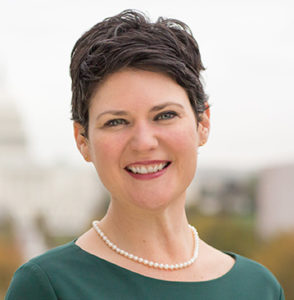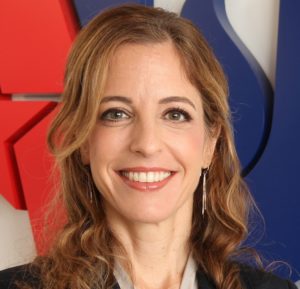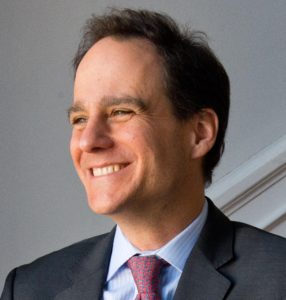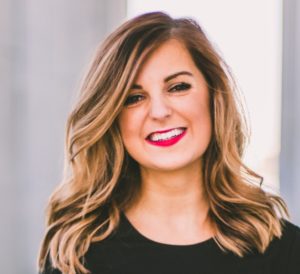The head of a Baptist coalition advocating religious liberty for all Americans said the Trump administration’s support for a Christian foster care agency that refused services to a Jewish woman “signals a dramatic and troubling shift” toward government-funded religious discrimination.

Amanda Tyler
Amanda Tyler, executive director of the Baptist Joint Committee for Religious Liberty, said a Jan. 23 decision to grant an exception to U.S. Department of Health and Human Services policy prohibiting the use of taxpayer funds for religious discrimination “shows more concern for the providers than children in need and willing foster parents.”
“While the government often partners with private religious entities in ways that meet pressing social needs, it must do so with respect for boundaries that separate church and state and protect religious liberty for everyone,” said Tyler, head of the 83-year-old education and advocacy organization supported by 14 national, state and regional Baptist bodies across the United States.
“Government-funded placement programs should not be allowed to exclude qualified foster parents based on religion,” Tyler said.
Last year South Carolina Gov. Henry McMaster sought the waiver in order to continue contracting with Miracle Hill, the state’s largest child-placing agency that recruits about 15 percent of foster families in the Palmetto State.
Miracle Hill made headlines in 2018 for rejecting Beth Lester’s application because she didn’t share the organization’s Christian beliefs.
“To say we can go somewhere else is like saying you can’t use this state-funded hospital, but you can go to the one down the street,” Lester, a foster parent for 10 years in Florida before moving to South Carolina, told the Greenville News.

Rachel Laser
McMaster, a Republican who succeeded Nikki Haley as South Carolina’s governor in 2017, said the state needs the help of faith-based organizations to care for more than 4,000 children in foster care. The governor said rules imposed during the Obama administration require such contractors “to abandon their religious beliefs or forego the available public licensure and funding, which violates the constitutional rights of faith-based organizations.”
Rachel Laser, president and CEO of Americans United for Separation of Church and State, called the waiver “yet another example of the Trump administration using religion to advance a regressive political agenda that harms others” – this time vulnerable children in need of a loving home.
While specific to South Carolina, Laser said the waiver “sets a dangerous nationwide precedent that elevates the beliefs of government-funded programs over the best interests of the children in their care.”
“Religious freedom is a fundamental American right,” said Laser, former deputy director of the Religious Action Center of Reform Judaism. “It should never be used to justify discrimination.”

Rabbi Jonah Dov Pesner
Rabbi Jonah Dov Pesner, director of the Religious Action Center of Reform Judaism, said the waiver “harms religious minority foster parents and will deny thousands of foster youth the opportunity to find loving families.”
“Religion has no impact on a person’s ability to love and care for a child,” the rabbi said in a statement on behalf of the Union for Reform Judaism, the Central Conference of American Rabbis and the wider Reform Movement institutions.
“Rather than imposing nonsensical and hurtful restrictions on prospective parents, the government should encourage more people to open their hearts and homes to children in need,” Pesner said.

Chelsea Sobolik
The Ethics and Religious Liberty Commission, public policy arm of the Southern Baptist Convention, said the HHS got the waiver decision right.
“Faith-based organizations are a vital part of the community of care our country needs to serve children in crisis,” said Chelsea Patterson Sobolik, a policy director in the ERLC’s office in Washington, D.C. “These child welfare providers should not fear losing their licenses simply because of their deeply held religious convictions.”
